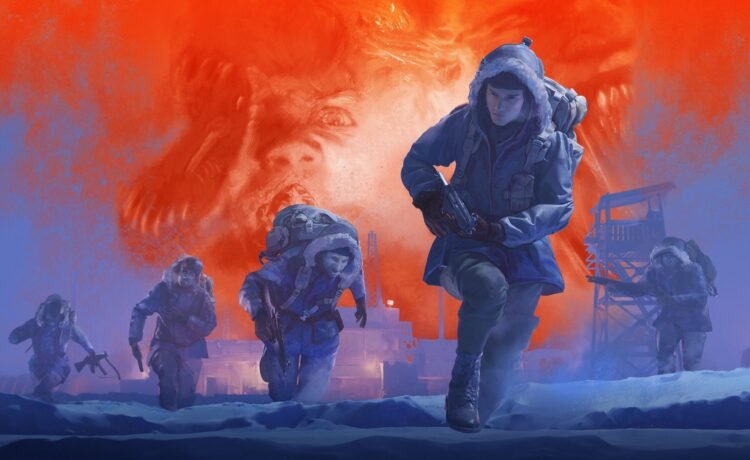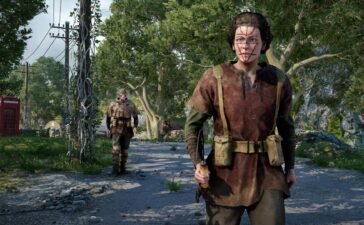John Carpenter’s iconic 1982 horror classic “The Thing” has inspired countless creators over the years, including Computer Artworks, the studio behind 2002’s The Thing, a video game adaptation that takes place after the events of the film.
In the game, Captain J.F. Blake leads a team of U.S. Special Forces in an investigation of Outpost 31. There, Blake and his crew must defend themselves from hostile alien life, and each other, as infections arise.
Despite being released 20 years after the 1982 film, The Thing has become more of a challenge to revisit than its original source of inspiration. While you can easily purchase or stream the film, 2002’s The Thing often requires nostalgic gamers to track down a physical copy along with the necessary hardware to play it on.
This is where Nightdive comes in with The Thing: Remastered, available on Xbox Series X|S and Xbox One today. It’s a revitalization of the almost-lost game that stays true to the creators’ original vision.
Understanding The Source Material
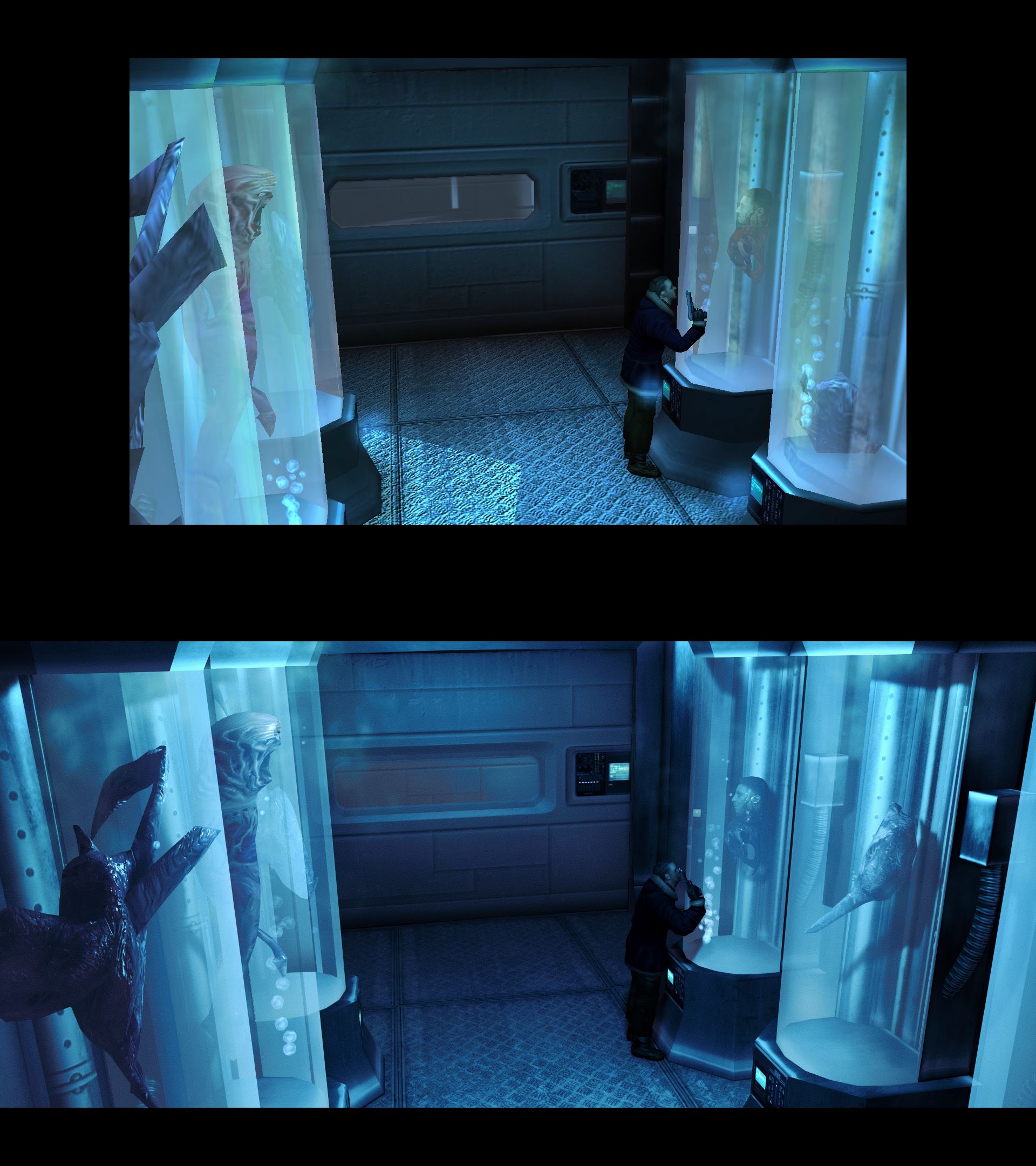
Nightdive’s goal is to bring lost and forgotten games like The Thing back from the depths. Not only so people can revisit their favorites on modern platforms like Xbox Series X|S, but also to preserve these games for future generations.
Game preservation is something I recently stressed the importance of while writing about Killing Time: Resurrected, and the same remains true for The Thing: Remastered. All games deserve to be preserved, but preservation isn’t as simple as applying a fresh coat of paint. One of the challenges in using remasters as a form of preservation is keeping the remaster as faithful to the original as possible.
With this in mind, Nightdive worked closely with members of the original Computer Artworks staff, including art director Ron Ashtiani and technical director Mark Atkinson, both of whom are well-versed in the game they helped create and the 1982 film.
“I‘d seen the film before the project, but re-watched it multiple times when we started the game,” explains Computer Artworks technical director, Mark Atkinson. “We wanted to preserve the feel of the movie and what made it scary in terms of a survival horror.”
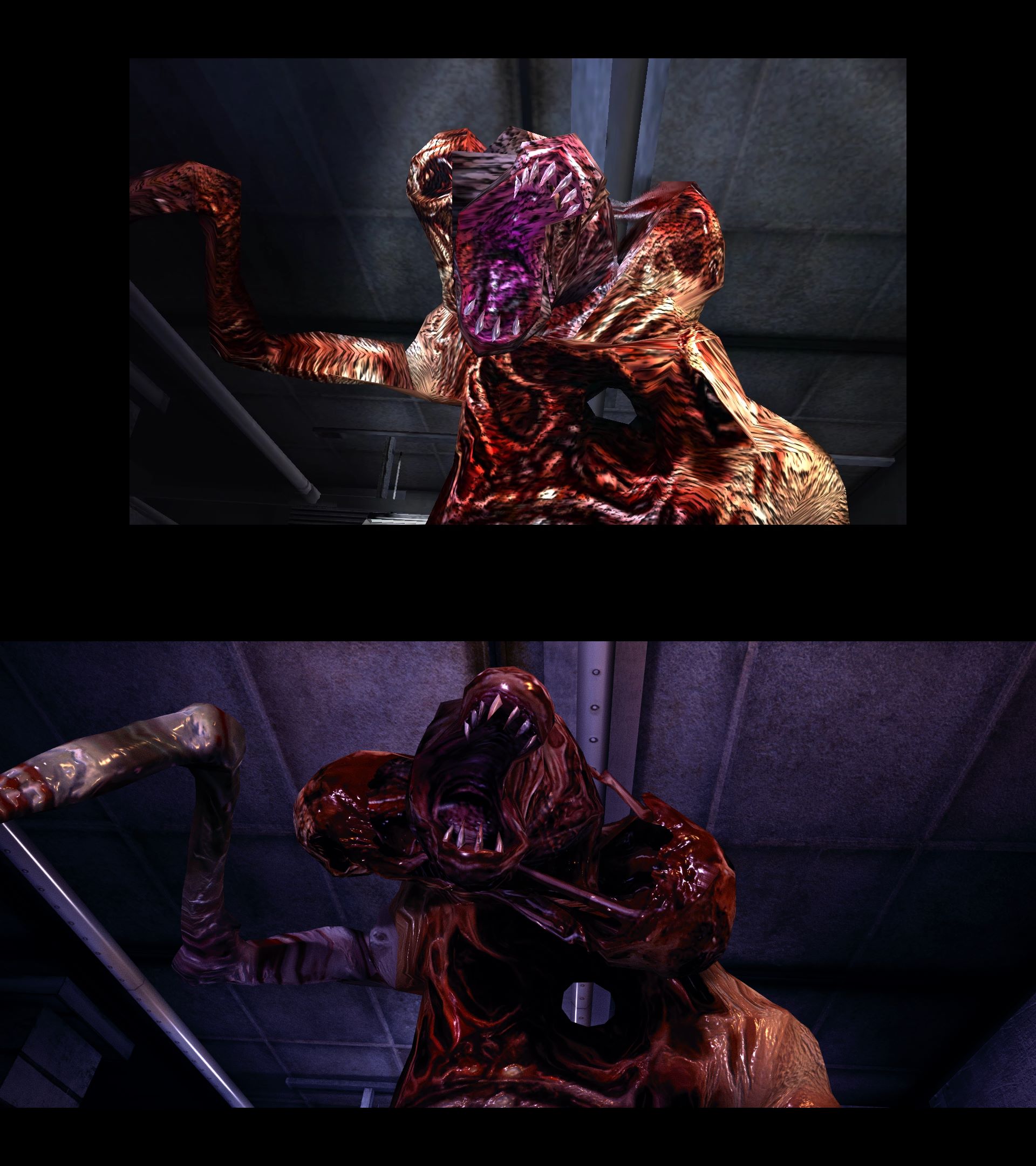
For Ron Ashtiani, the movie “scared the hell out of me, but also sparked my interest in sci-fi horror.” He went on to reflect how ahead of its time the film was. “It was made before the days of studios relying on an abundance of CG effects to wow the viewer.”
In addition to being ahead of its time visually, “The Thing” benefited from the captivating performance of actors like Kurt Russel and Keith David, and well-written screenplay courtesy of Bill Lancaster.
“I think one of the reasons ‘The Thing’ still holds up is due to the lingering mystery at the end — who was the Thing? It’s a smart movie, a masterclass in cinema,” remarks Joel Welsh, art lead on The Thing: Remastered at Nightdive Studios.
While it’s not required to watch “The Thing” before playing The Thing: Remastered, it does help broaden your knowledge of the peril Captain J.F. Blake and his team face as they explore Outpost 31. Both from alien creatures, and each other.
“Every scene was carefully detailed to make you wonder and be suspicious about everyone the whole time,” says Grover Wimberly IV, Nightdive’s project manager and producer on The Thing: Remastered. “For fans of Nightdive games who haven’t had a chance to watch ‘The Thing,’ I’d suggest watching before diving into the game.”
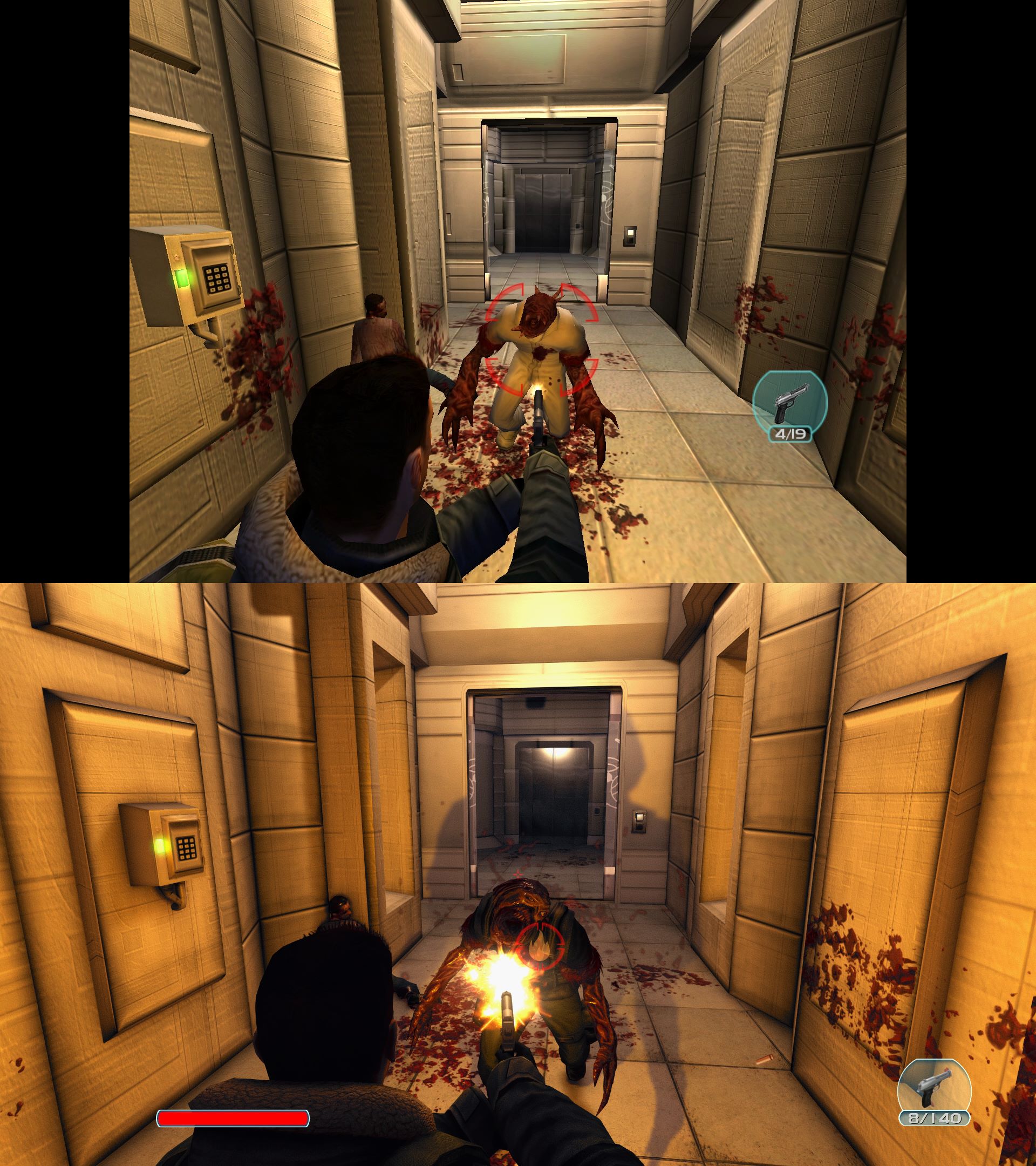
Remastering With The Masters
Mark Atkinson oversaw many technical aspects with 2002’s The Thing in addition to contributing to the game’s original design and coding alongside Computer Artworks’ talented team of engineers. Working on The Thing: Remastered with Nightdive, Atkinson took on a similar role.
“On the remaster, Ron and I were involved from the start, resurrecting the old code and master quality art assets, and helping guide the Nightdive team, e.g. what was intentional vs. where we just ran out of time to polish,” notes Atkinson.
“The remaster adds many significant upgrades in terms of gameplay, level design, UI, HUD etc., which go beyond a simple 4K reskin. Ron and I gave the green light to all of that, as well as consulting Andrew Curtis, the original game designer. In practical terms, I did a significant amount of C++ work as we wanted to really take the opportunity to make the remaster as good as possible.”
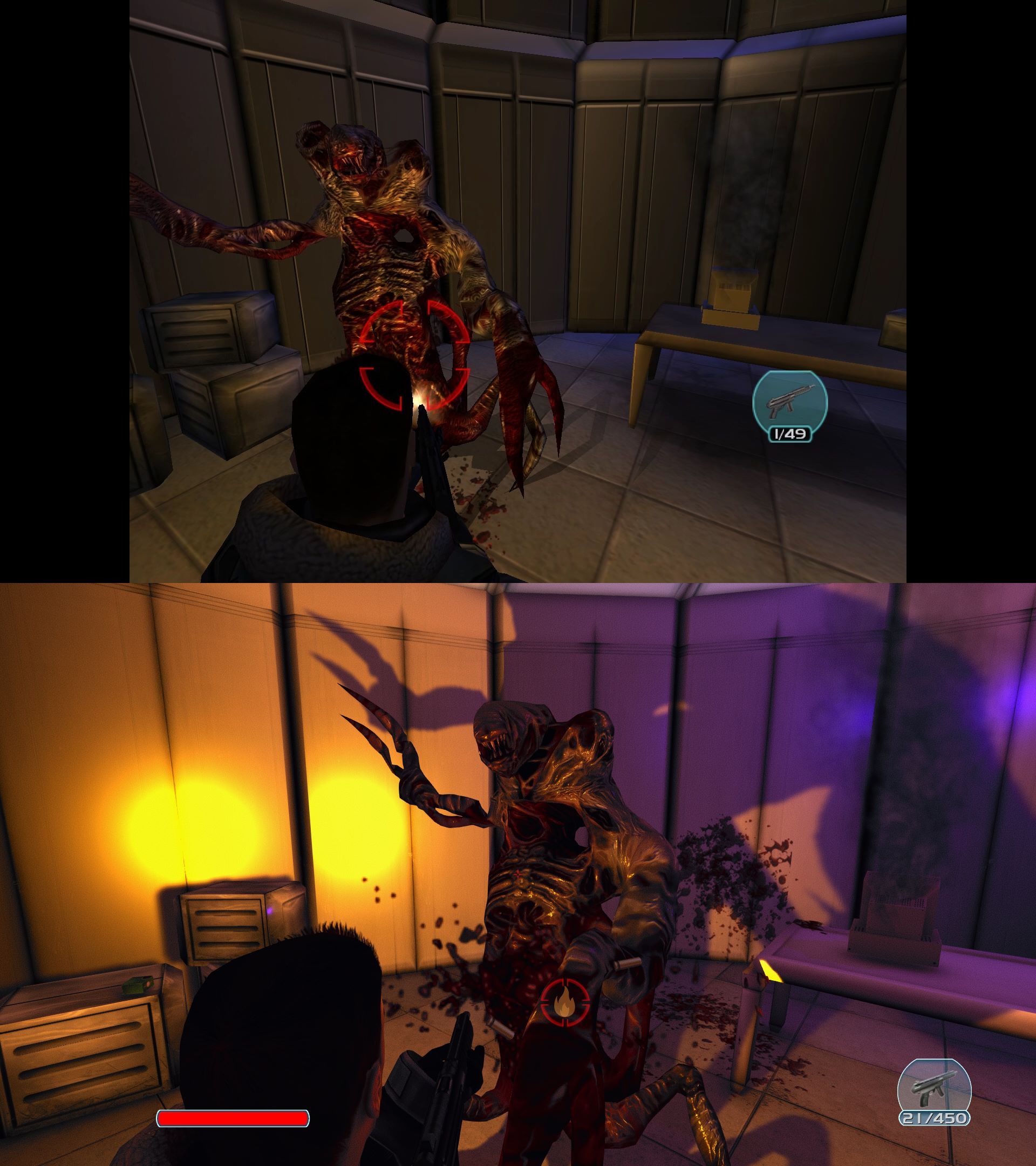
When asked about his experience working on 2002’s The Thing, Ashtiani recalls, “I joined the art team at Computer Artworks just after the game was fully signed after a successful prototype. Back then, art teams weren’t siloed into specific fields, but I mainly worked on the environments and built around half of the levels in the game.”
Again, Ashtiani reprised this hands-on role with The Thing: Remastered: “My role with Nightdive has been to co-lead the art team as the vision holder for the look of the game. I worked on setting the art direction for the remaster and ensuring that while we remaster the graphics and art assets, we don’t lose the essence of the original game.”
And this is important, because the essence of the original is inherently special. For the entire team, not just the artists, 2002’s The Thing needed to align with the 1982 film, and that took making the most of the technology and tools that were available at the time.
“We did the best we could with what we had,” Ashtiani explains. “We put a lot of work into capturing the isolation of the Antarctic and created a host of new and interesting creatures. However, lighting was an area we couldn’t match until the remaster.”
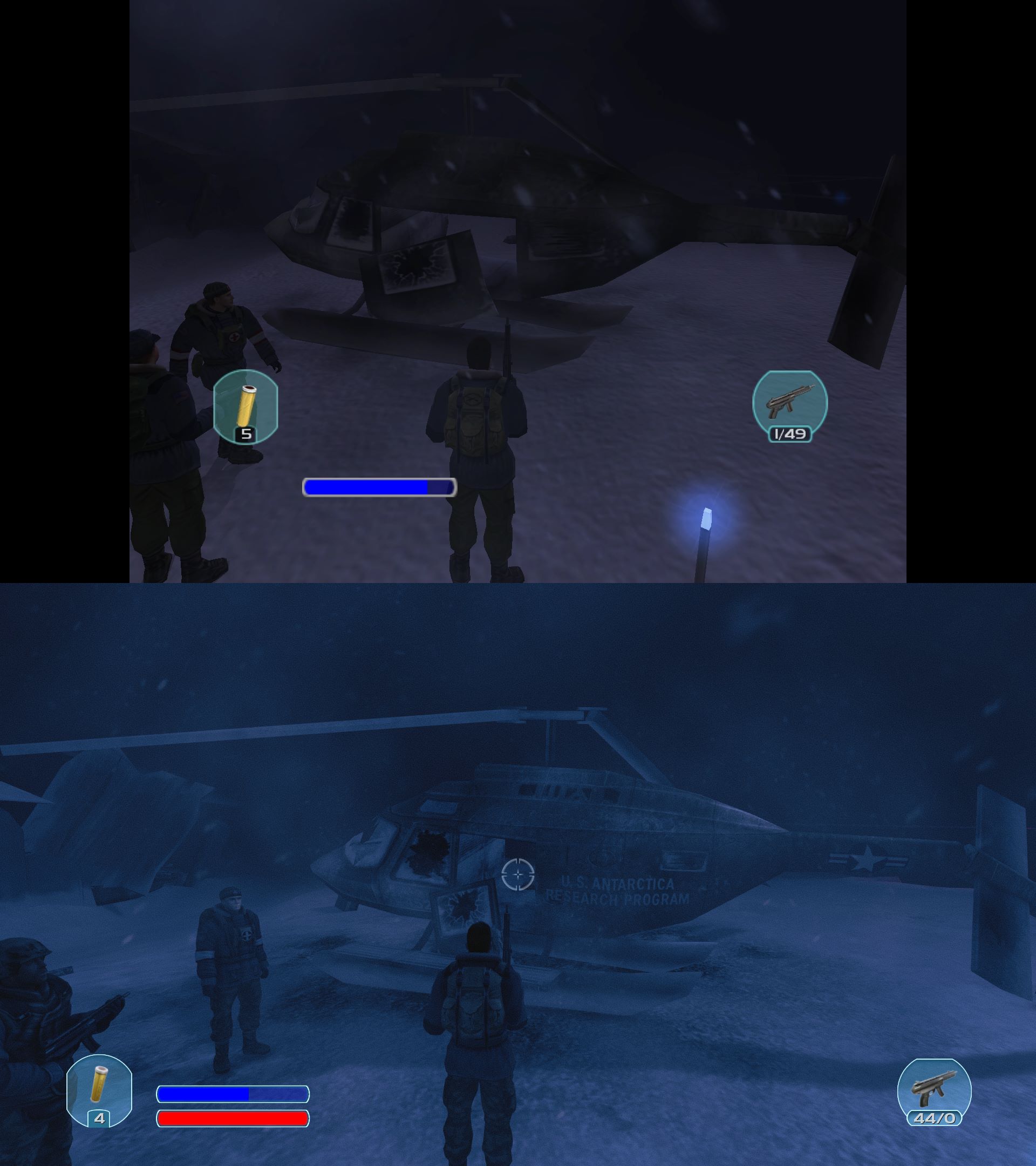
As well as the technical limitations, time constraints also contributed to some of the quirks players encountered in 2002’s The Thing, which Atkinson says has been addressed in the remaster.
”People loved the original game, but had some legitimate complaints, e.g. the scripted burst-outs, the difficulty is uneven, the combat was a little janky, the boss fights weren’t great,” admits Atkinson. “We went hard on fixing all that.”
The Thing: Remastered also benefits from the addition of modern gameplay elements such as third-person aiming, quick select wheels, the ability to use a controller on PC, and more. In terms of difficulty, Atkinson notes, “the game is still fairly hard, but not in such an uneven and sometimes frustrating way as the original.” There’s also the option now for players to select an easier difficulty setting, further expanding the game’s approachability.
Seconding this, Ashtiani says the remaster is true to 2002’s The Thing, but with improved gameplay balancing, control systems, UI improvements, among other quality-of-life adjustments.
“Graphically, it’s a big leap forward,” Ashiani adds. “We’ve been able to use all the lighting technology of today, plus higher resolution models and textures. We even managed to add some assets that were cut from the original game, creature variations in particular.”
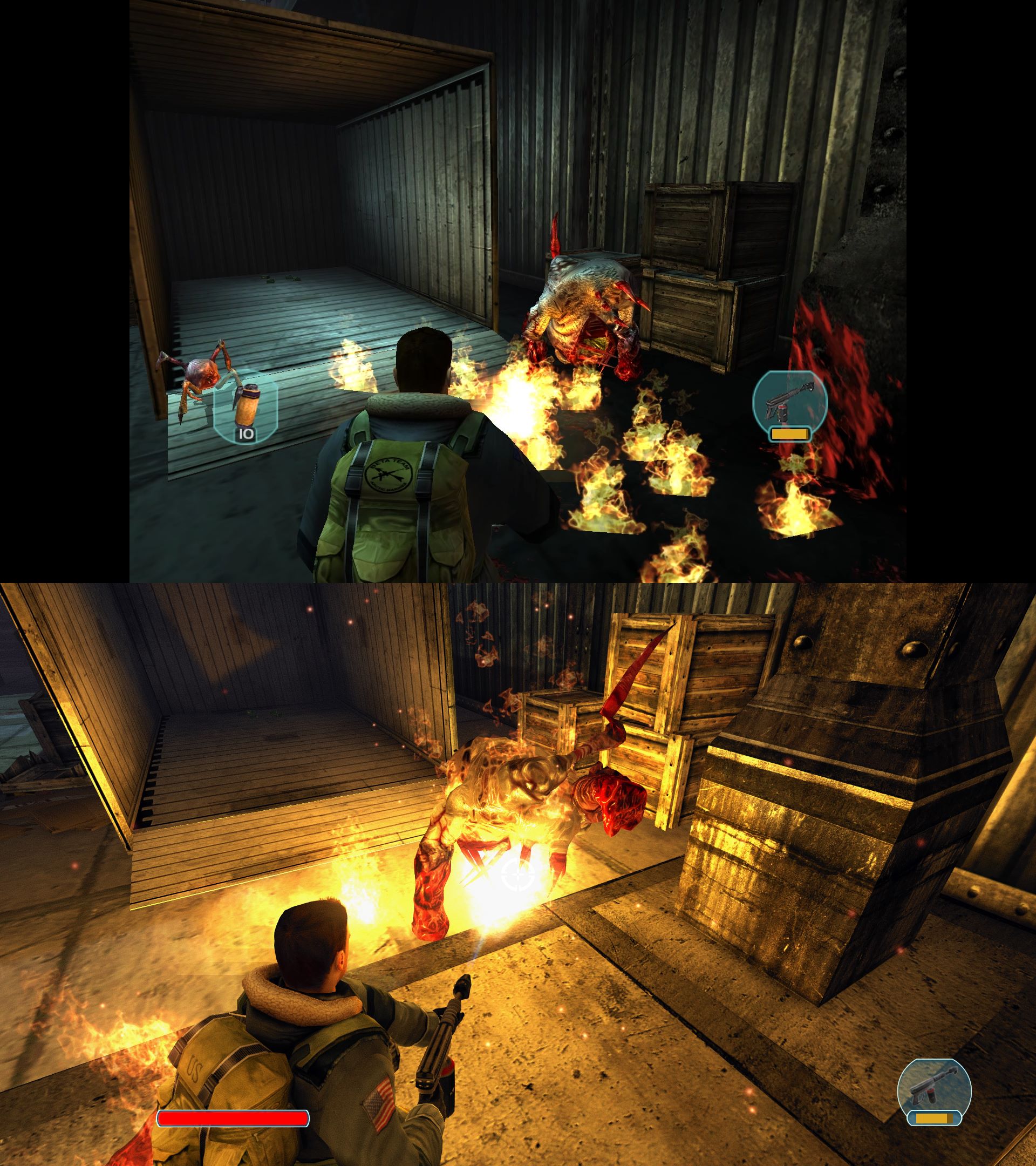
A Team Effort
Having a team you can trust is important, not only when attempting to survive in the world of The Thing, but also in developing a quality remaster. Trust, communication, and teamwork between the original developers and the developers at Nightdive Studios were integral in resurrecting 2002’s The Thing.
“We made it a point to make sure Ron and Mark’s input were taken throughout the development process by consulting and having them at our team meetings when discussing adjustments, enhancements, and fixes to make sure it fit the spirit of the original 2002 release,” explains Wimblerly IV.
“Ron and Mark certainly left their mark, along with the rest of the team,” praises Welsh. “This is Nightdive/Atari’s most ambitious remaster to date, and we hope Xbox players have a blast with it. Just remember: No One Survives Alone!”
You don’t have to take our word for it, though. Whether you’re a fan of 2002’s The Thing, or simply want to check out a classic game you previously missed out on, you’ll be able to pay an eventful visit to Outpost 31 when The Thing: Remastered releases on Xbox One and Xbox Series X|S today.
The Thing: Remastered
Nightdive Studios
No One Survives Alone.
The 2002 third-person survival horror shooter that serves as a sequel to the genre-defining 1982 film is back, remastered by Nightdive Studios to bring this innovative blend of fast paced squad action meets survival horror to the modern era. Including Antialiasing, Per Pixel Lighting, 4K Resolution and up to 120 FPS.
Where the movie ended, the true terror begins.
You are Cpt J.F. Blake, leader of a U.S. Special Forces rescue team sent to investigate the blood-curdling events and enigmatic deaths of the American scientific team that transpired at the Outpost 31 research facility located in the frozen wastelands of Antarctica. Within these inhospitable surroundings your team encounters a strange shape-shifting alien life-form that assumes the appearance of people that it kills. Trapped by the elements and infected by this horrific entity, using all your team members is critical if you hope to accomplish your objectives, let alone survive. If you only knew which ones were still human…


